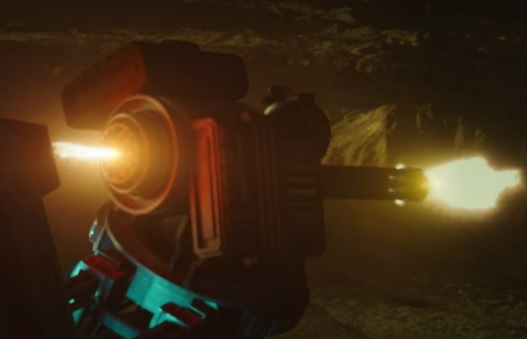

The second involved the collapse of Soviet-era chains of command, supplies and manufacturing, followed by ersatz privatization that benefitted new elites and ultimately a reconsolidation of the industry under official state ownership. The first involved plummeting government spending and failed efforts at conversion, followed by strong growth in spending since 1998. The past 30 years have seen Russia’s defense industry go on two interconnected roller coaster rides-economic and organizational. Evolution of Russia’s Defense Industry Since the Cold War Thus, Russia’s defense corporations and the people affiliated with them become both beneficiaries and proponents of Moscow’s ongoing confrontation with the West. When considering Moscow’s policies toward the United States and NATO, the Russian defense industry’s influence can only be understood in the context of this administrative-market-driven feedback loop: In its foreign policy, the Kremlin relies on asserting its military might and on continued legitimacy in the eyes of Russian citizens consequently, it needs to keep the defense industry afloat, covering the constantly growing costs and sometimes making up work for enterprises that would be redundant in a true market-including the manufacture of weapons deemed threatening by Washington and Brussels. This gives the state too little freedom to reform a sector plagued by economic inefficiencies that create a drain on the budget, leading instead to the partial restoration of a command economy and raising the specter of economic overstretch. The industry bolsters Russia’s modern-day authoritarianism not only by projecting power but by providing a major part of the system’s social base-from the ordinary Russians who benefit via employment to the political elite involved in managing the industry or reliant on its contributions to local coffers.

Accordingly, Russia’s large defense corporations and their subsidiaries compete not in a free market but within a so-called administrative market -an ongoing redistribution of government resources, mostly via Moscow, among players important to the political system and its sustainability. Unlike American defense companies, however, the Russian defense industry largely belongs to the state, de facto if not always de jure. counterpart, forms a key aspect of the country’s national power.


 0 kommentar(er)
0 kommentar(er)
